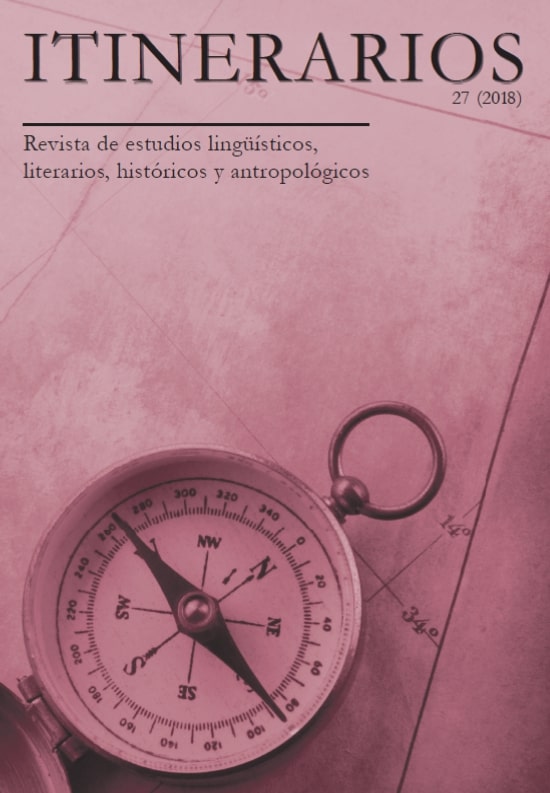Migrar al Septentrión: Concepciones sudcalifornianas del deceso humano como perpetuación de la vida
Migrating to the North: The Lower Californian Conceptions of Human Demise as Perpetuation of Life
Author(s): Roberto Martínez GonzálezSubject(s): Ethnohistory, Cultural Anthropology / Ethnology
Published by: Instytut Studiów Iberyjskich i Iberoamerykańskich, Wydział Neofilologii, Uniwersytet Warszawski
Keywords: pre-Hispanic Lower California; death conception; funerary rites; post mortem destinies; world view
Summary/Abstract: This is a first approach to the concept of death among the ancient indigenous populations of Lower California, this research is based on the analysis of Colonial sources to set the roles that deceased people had in their world view. The analysis of the origin myths shows that, in general, the Californian did not recognize a defined gap between the human world and the place of Gods and dead; but, conversely, they used to consider the existence of certain unity between the different forms of life and behavior in the world. The post mortem destiny of individuals seems conditioned by its attachment to the local ethics, as well as for the circumstances of decease; then, while some people came back to life, others reached a status similar to Deities. The process of death, in the most meritorious way, was imagined as an unfolding of the human being that used to allow the return to a place of abundance located in North-sky, as well as its permanence in Earth as a relic. Documents suggest that vegetables and animal resources were supposed to come from the place of Gods and dead; and, because of the dual character of deceased, alive people could interact with its material-earthly part to try to influence its ethereal-sky aspect.
Journal: Itinerarios
- Issue Year: 2018
- Issue No: 27
- Page Range: 115-140
- Page Count: 26
- Language: Spanish

